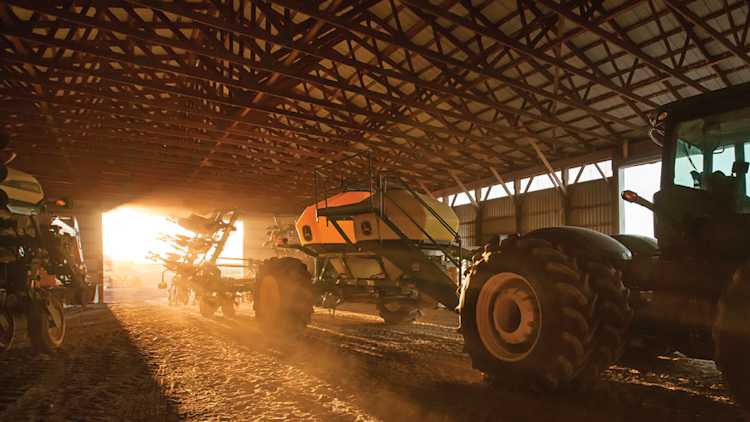When unforeseen events pile on work and stress

No business is immune from unexpected events that challenge managers and employees. Additional work, stress and uncertainty can put mental and physical health at risk.
It could be a barn fire, a dramatic weather event like a flood or tornado, or even a disease like avian influenza. Any unexpected challenge of this scale triggers a tidal wave of stress for farm managers and an additional workload for the whole team.
Honest and clear communication
Responding to a crisis, especially if it comes out of the blue and is something that's never happened before, can lead to burnout. Managers often carry all the worry and anxiety. But during such difficult times, it’s especially important to check in with family and employees to keep everyone updated and provide mental health support for each other.
Taking care of mental health for yourself and your team requires being proactive and keeping lines of communication open. Dr. Dan Siegel coined the phrase “name it to tame it”– research shows that noticing and naming your emotional state can significantly reduce feelings of stress. It’s OK to be honest about the seriousness of the situation and potential implications for work schedules and compensation.
Formulate a plan
Formulating a response plan as quickly as possible helps lessen fears and concerns across the team. It allows everyone to shift from a reactive state of shock to moving forward to overcome the crisis. If it’s obvious there will be additional work for the team, share how this will be addressed to remove as much uncertainty as possible for employees. If additional human resources are required, be open about this possibility and how it might work.
Take a timeout
Being fully immersed in stress and anxiety without interruption is unhealthy and unsustainable.
Being fully immersed in stress and anxiety without interruption is unhealthy and unsustainable. Removing yourself from an overwhelming crisis for a short timeout can help keep emotions from spiralling out of control and clear your head so you can think clearly to make good decisions. Go for a walk, take the kids for ice cream, sign off all screens and devices, or grab a coffee with a friend. Doing so releases endorphins, which helps to improve your overall sense of well-being.
Support others when possible
If the crisis is not specific to your operation, others will be facing the same challenges. Remember that once again, we are in this together, even though we may be physically far apart. Reach out if you are feeling overwhelmed. Along with your normal support circle, you can talk to other farmers or access one of the many mental health assistance resources available to farmers.
From an AgriSuccess article.
